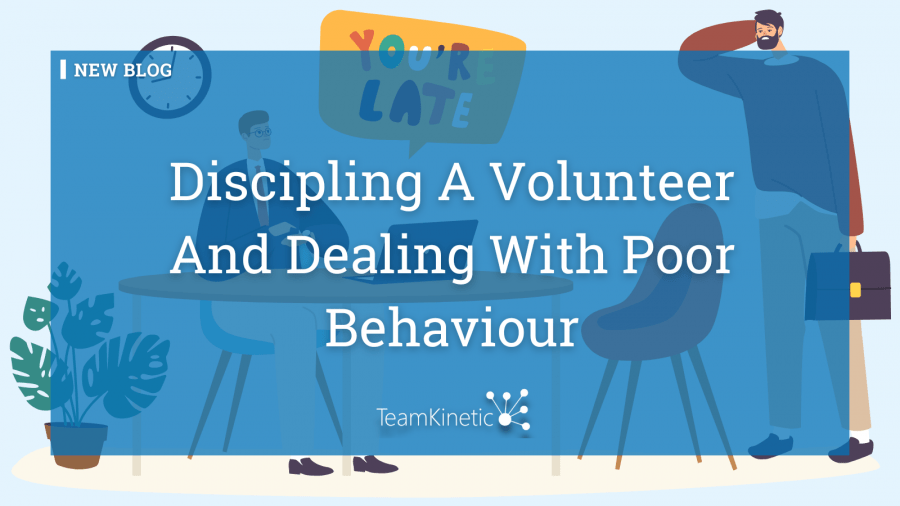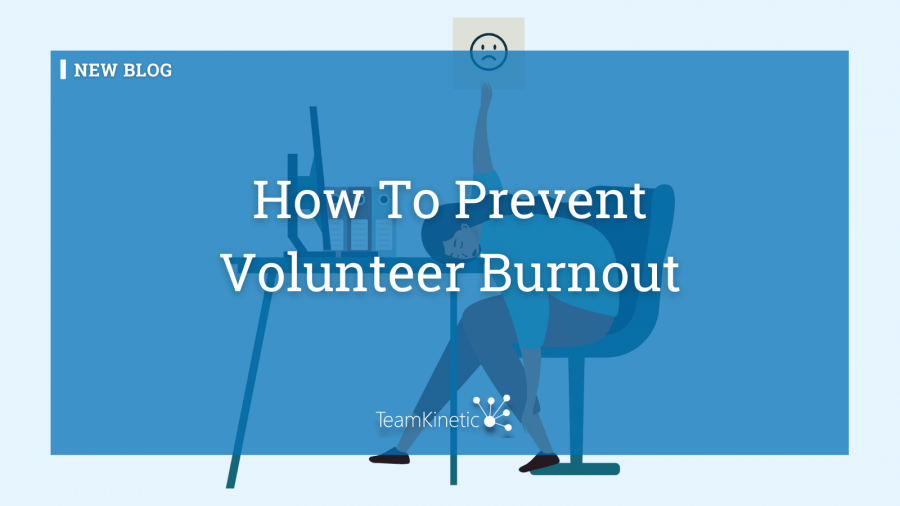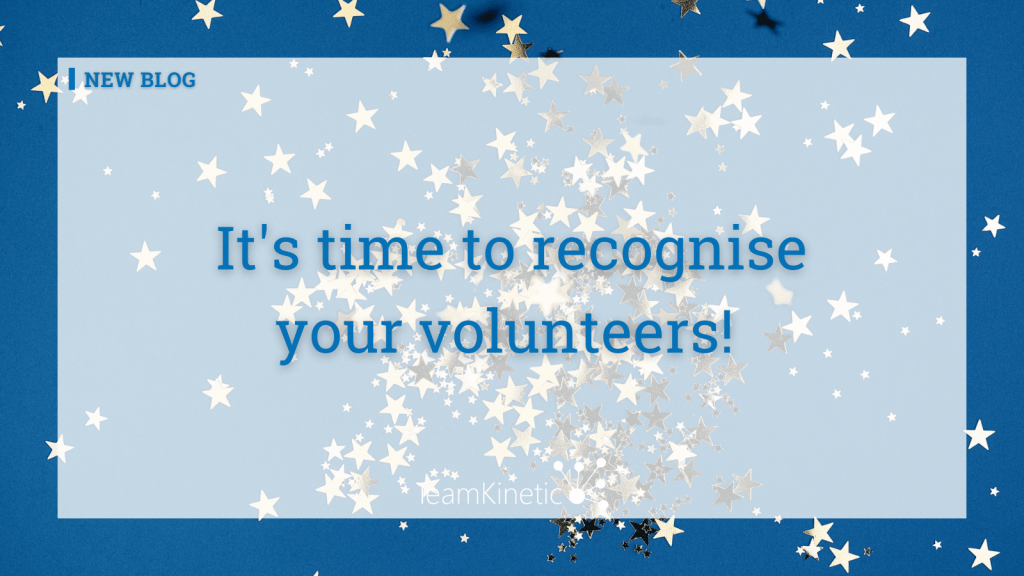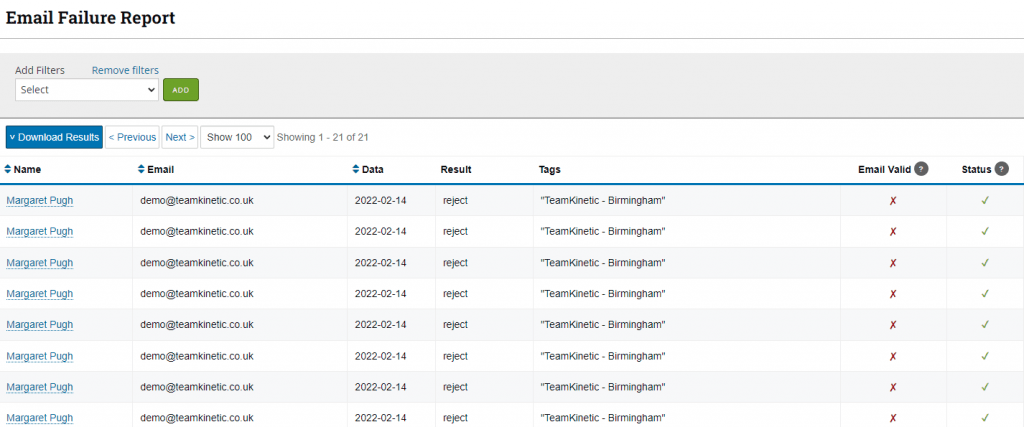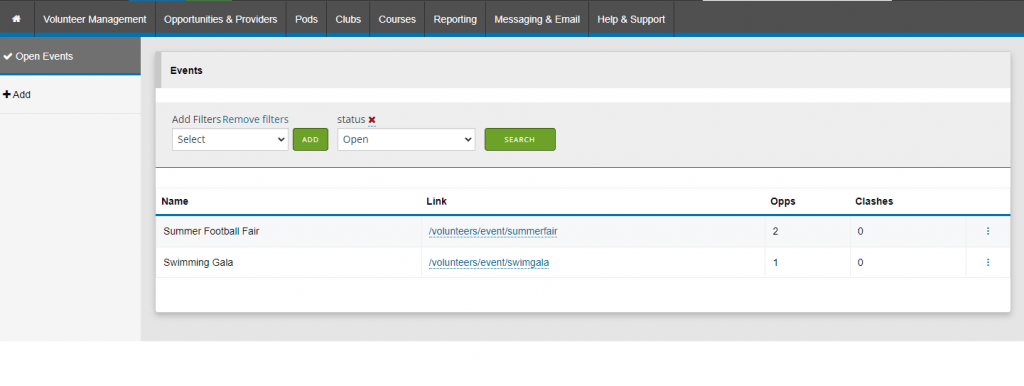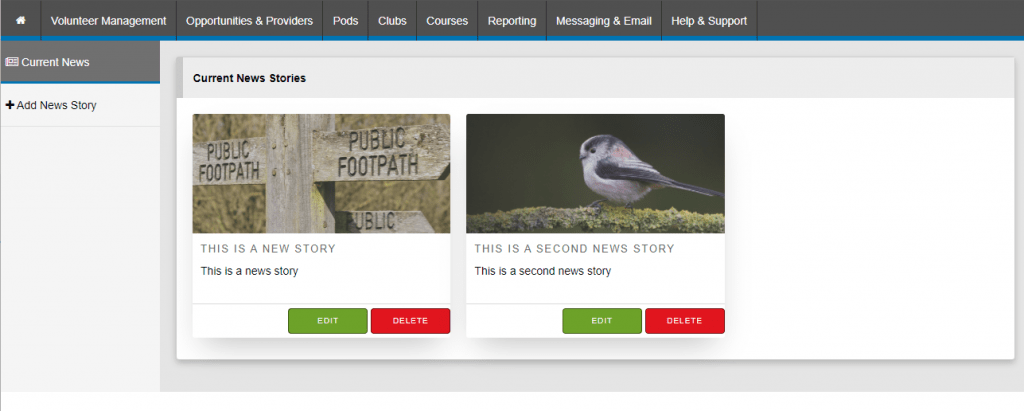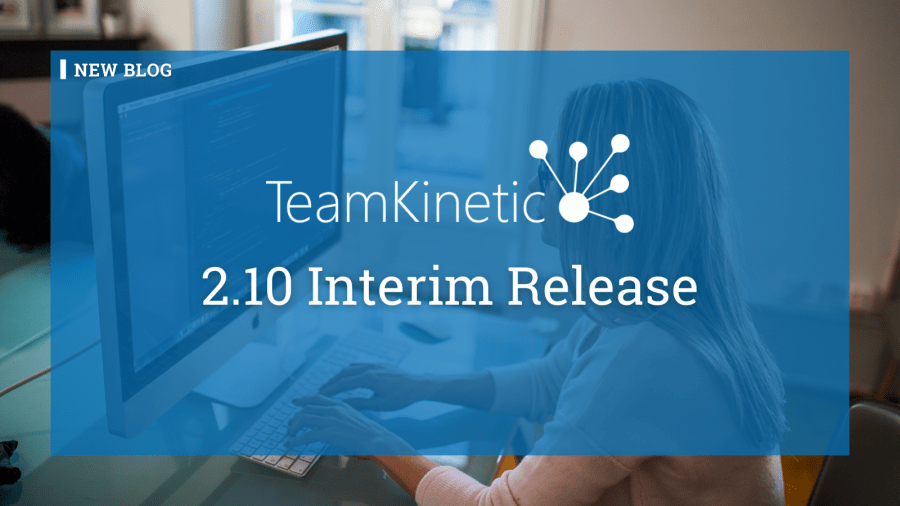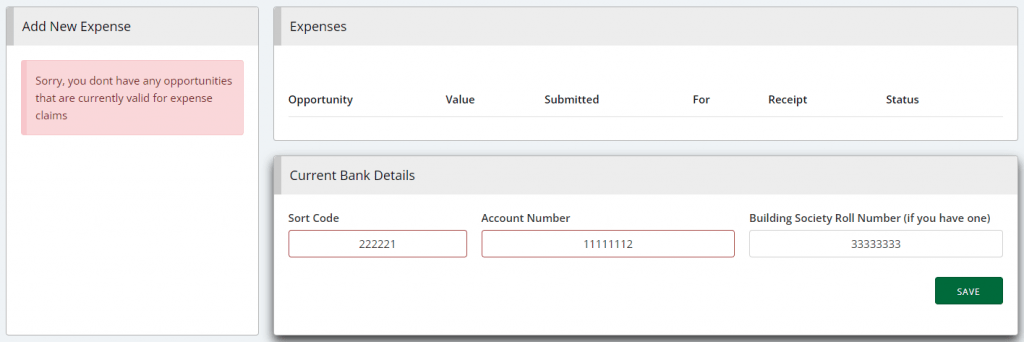What is ethical and sustainable volunteering?
Sustainable volunteering is making a difference with long-lasting change without leaving a destructive footprint behind. Doing good by volunteering doesn’t always mean that you are having a positive impact on the environment around you. For example, many charities with shops could be working with suppliers who have not followed sustainable practices.
People who want to be ethical and sustainable when volunteering believe it is important to contribute to long-lasting change. You may think you are doing the right thing by volunteering but if your efforts and contributions are not making a long-term difference then it might not be worth volunteering for that specific organisation. It is crucial to do research into the charity or organisation as there are many that leave a community in worse conditions than they were when the organisation initially approached them.
The benefits of sustainable and ethical volunteering include becoming more aware of environmental issues and learning how to tackle them. By completing sustainable volunteer work, you are not only doing good for the environment but also doing good by helping others.

What makes a volunteer manager ethical?
It is essential when wanting your volunteer work to be ethical and sustainable that your volunteer manager is also ethical when creating opportunities. Some ways a volunteer manager can achieve this is by:
- Ensuring criminal record checks have been completed for each volunteer.
- Making sure volunteers don’t replace paid employees.
- Actively seek feedback from volunteers to be able to improve and maintain healthy relationships with them.
- Giving up the time to train volunteers if necessary for the opportunity they are involved in, this also shows that the volunteers are valued.
- Offer flexibility, so that if a volunteer wants to take time off they are able to.
Sustainable and ethical volunteering opportunities
There are so many charities and organisations with volunteering opportunities available in the UK that it can be hard to tell which organisations are influencing change and not leaving behind destructive footprints. Charities and organisations that work towards having a lasting impact on communities and the environment are just as important as having a primary goal of helping others.
There are many options for sustainable and ethical volunteering opportunities. An effective sustainable volunteering opportunity would be to get involved by helping out in your local charity shop. Research has shown the second-hand economy is more than just a means of achieving environmental sustainability. There are many accessible options for volunteering in local charity stores as they are in most UK towns.
Other sustainable volunteering ideas are collecting and recycling rubbish or any other items that may pollute the environment. There are many litter-picking charities such as Cleanup UK and Keep Britain Tidy that have groups all over the UK with many available litter-picking volunteering opportunities.

Key takeaways…
If you are adapting to a sustainable lifestyle then it’s a good idea to also take part in volunteering that is sustainable and ethical too. You may think all volunteering must be ethical but that’s not always the case, many organisations leave behind a destructive footprint in communities they’re supposed to be helping. To confirm they are also ethical, ensure the volunteer manager is ethical in their actions and completes all the necessary measures before approving a volunteer.
You can find TeamKinetic on social media and listen to our podcast:
Twitter Facebook LinkedIn YouTube Instagram Podcast
Have you enjoyed using TeamKinetic? If you could leave us a review on Capterra, we’d really appreciate it! We’ll even send you a little thank you.


